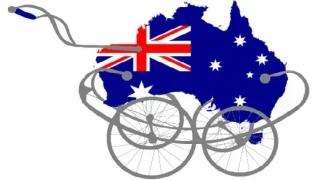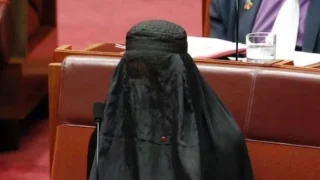
Electoral law reforms nearing a Senate vote risk making political activists inadvertent lawbreakers, deterring financial supporters of Australia’s civil society, and creating unnecessary bureaucratic burdens.
These provisions are included in the Commonwealth Electoral Amendment (Political Donations and Other Measures) Bill 2009, which has already passed through the House of Representatives.
Political activists could be convicted and fined for failing to report their political expenditure and donors to the Australian Electoral Commission. They face jail for political expenditure financed from foreign sources or, in some cases, anonymously. Foreign sources include Australian citizens using overseas bank accounts or credit cards.
The proposed reforms modify current rules applying to ‘third parties’—non-government organisations that express views on political parties, candidates, or election issues. Which groups must report to the AEC is currently unclear. Organisations that run political campaigns are covered, but the media, universities, charities, think-tanks, and community groups whose staff sometimes comment on political matters could also be caught by the disclosure system.
Political expenditure laws have high red-tape compliance costs. Third parties have more complex obligations than political parties. Third parties are expected to report their spending on election issues even if the election is two or three years in the future. They must itemise political expenditure, while political parties need report only a single lump sum of all payments. If the current bill passes, detailed records will need to be kept and reported on for money-in-a-bucket fundraisers.
Organisations involved in political commentary risk losing donors who do not want their names and address placed on the public record. Under existing rules, donors must be disclosed even if they do not know how their money is being spent.
Currently, no AEC reports are required unless political expenditure reaches $10,900 a year. Enabling donations are also private up to $10,900 a year. This threshold keeps organisations and individuals with minor political activity out of the disclosure system.
The political donations bill would reduce the disclosure thresholds to $1,000 every six months. Minor and incidental political activity will be caught by the law, putting people unfamiliar with political bureaucracy at much greater risk of unintentionally breaking the law.
Political expenditure laws are intended to close loopholes in the political party donations system. But they go way beyond what is required. Most third-party political activity poses no threat to the political system’s integrity. To the contrary, third parties play a vital role in monitoring government, raising issues, and providing opportunities for political participation. Laws that sabotage third parties by deterring their donors, placing their activists at risk of prosecution, and wasting their time providing low-value information would diminish Australia’s democracy.
Andrew Norton is a Research Fellow at the Centre for Independent Studies.











